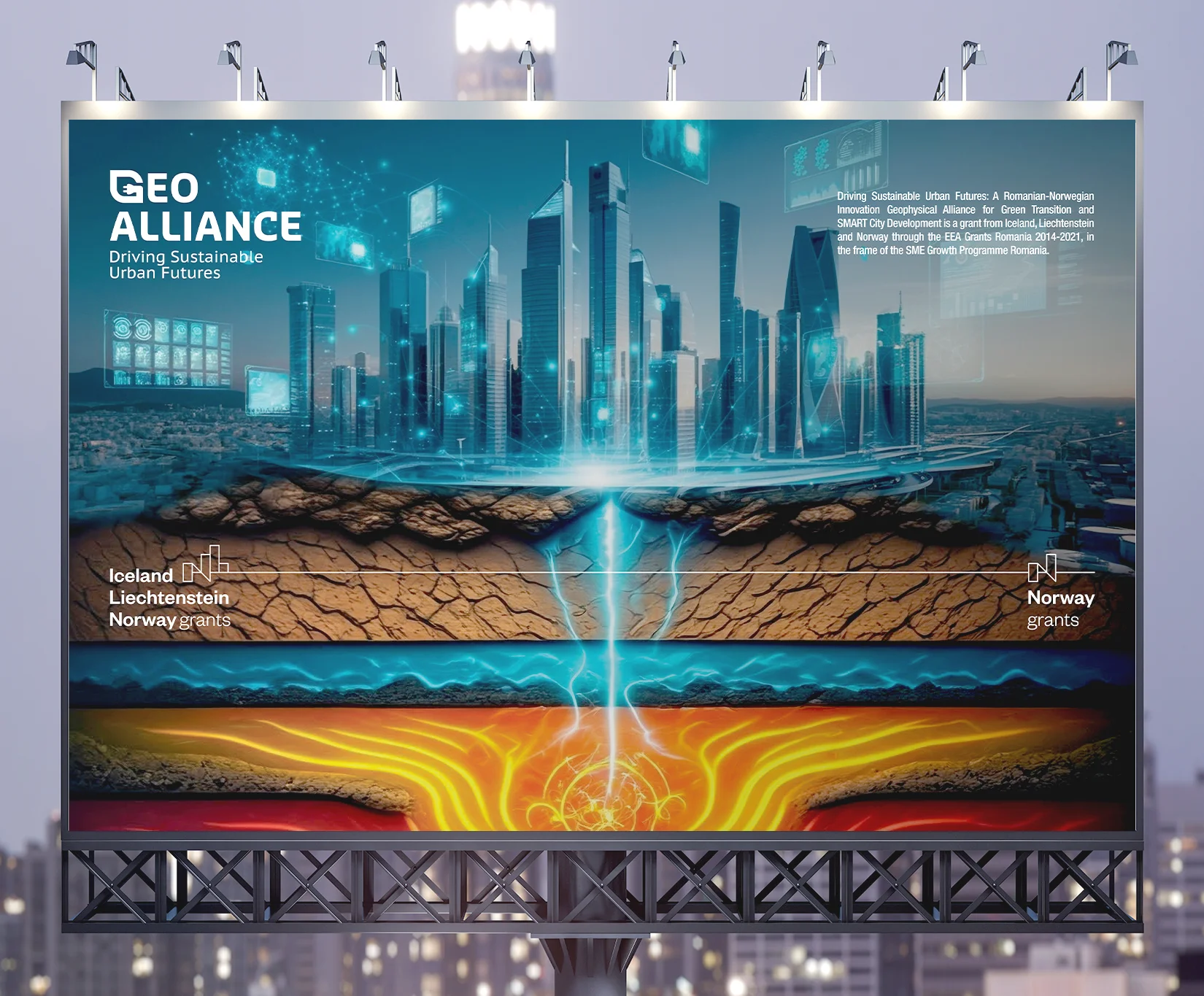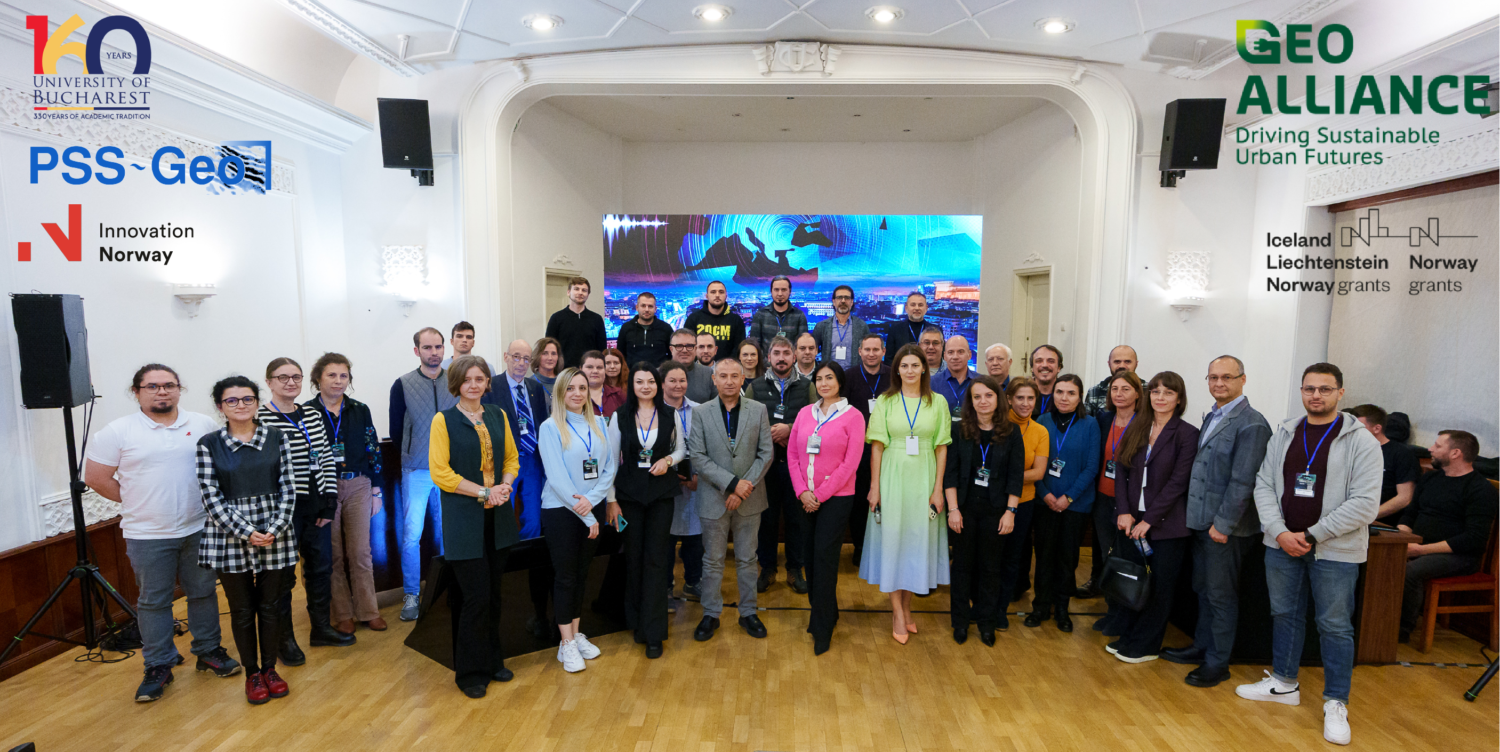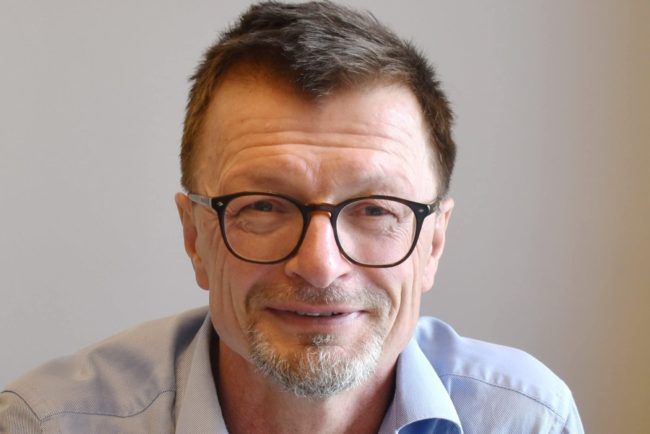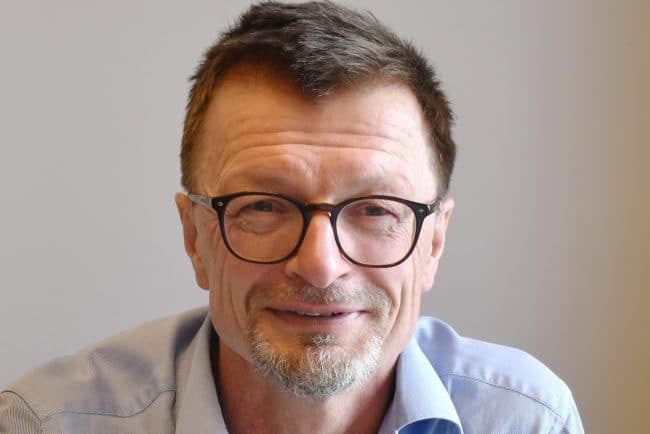On behalf of the University of Bucharest, the implementation team was formed by Florina Ţuluca, Dumitru Ioane, Lucian Petrescu, Iulian Popa, Lonelia Panea, Ioan Munteanu, Nicolae Cruceru, Mihaela Roca, Mihaela Scradeanu, Andrei Voda, Loredana-Sanda Botos, members of the Faculty of Geology and Geophysics, Georgiana – Radulescu and Andreea Carstea
Juri Muzi, Vita Kalashnikova, Aleksnadru Schlett, Alena Finogenova, Rune Øverås, Viktor Gomulsky, Natalia Kuklina, Roy Mackinnon, Andrei Voronin, Marian Bordeianu (Transgex) And Alessandro Brovelli (Isamgeo Italia S.R.L.), Pre Stack Solutions-Geo (PSS-Geo)


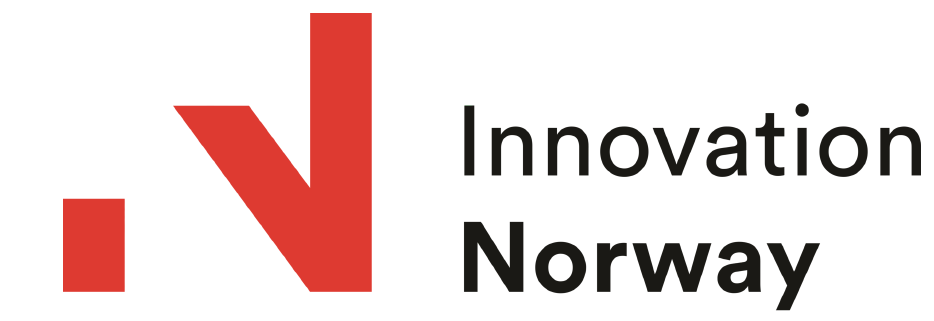
The six-month journey of Romanian-Norwegian cooperation under the Innovation Norway grant reached its exciting conclusion on February 28, 2025, with a groundbreaking symposium in Bucharest.
The events, titled “Green Energy Frontiers: Bridging Geoscience with Energy Professionals” and “Geophysical and Geological Data for Smart City Solutions: Building Safer, More Resilient Communities,” served as a pivotal platform for fostering innovative ideas at the intersection of geophysics, green energy, and sustainable urban development.
The main goal has been reached: more collaboration between countries has been established, and new frontiers have been opened by integrating local and international companies, industry, and academia.
The University of Bucharest’s Faculty of Geology and Geophysics played a central role in this collaboration, organizing the event, inviting esteemed guest speakers, and contributing valuable academic insights. Their partner, Pre Stack Solutions-GEO AS (PSS-GEO), provided practical expertise in exploration, focusing on content creation for the general geothermal energy overview, identifying challenges and needs for the Romanian geothermal market, and proposing geoexploration solutions in line with the event’s primary theme, concluding in the learning materials.
A key topic during the symposium was geothermal energy, an abundant and sustainable resource with immense potential. One of the main obstacles is the EU industry’s heavy reliance on subsidies, which has led to the need for a reevaluation of exploration and appraisal practices.
This reliance on low-cost, often suboptimal methods has led to less-than-ideal exploration outcomes, raising questions about the viability of many projects. Improving these practices to boost cost efficiency and minimize risks is critical to making geothermal energy a reliable and widely used resource.
As stated on the University of Bucharest’ website, Dr. Adrian Bazavan, Advisor to the Minister of Energy, mentioned “the GeoAlliance project demonstrates how knowledge sharing, clear vision and collaboration can accelerate Romania’s energy transition. Geothermal energy, a clean and safe resource, can make an essential contribution to our energy security and to reducing energy poverty”. At the same time, he pointed out, “The Ministry of Energy supports initiatives that capitalize on this potential and is an active partner in the sustainable development of geothermal resources. I congratulate the project initiators for this crucial project for the national energy sector”.
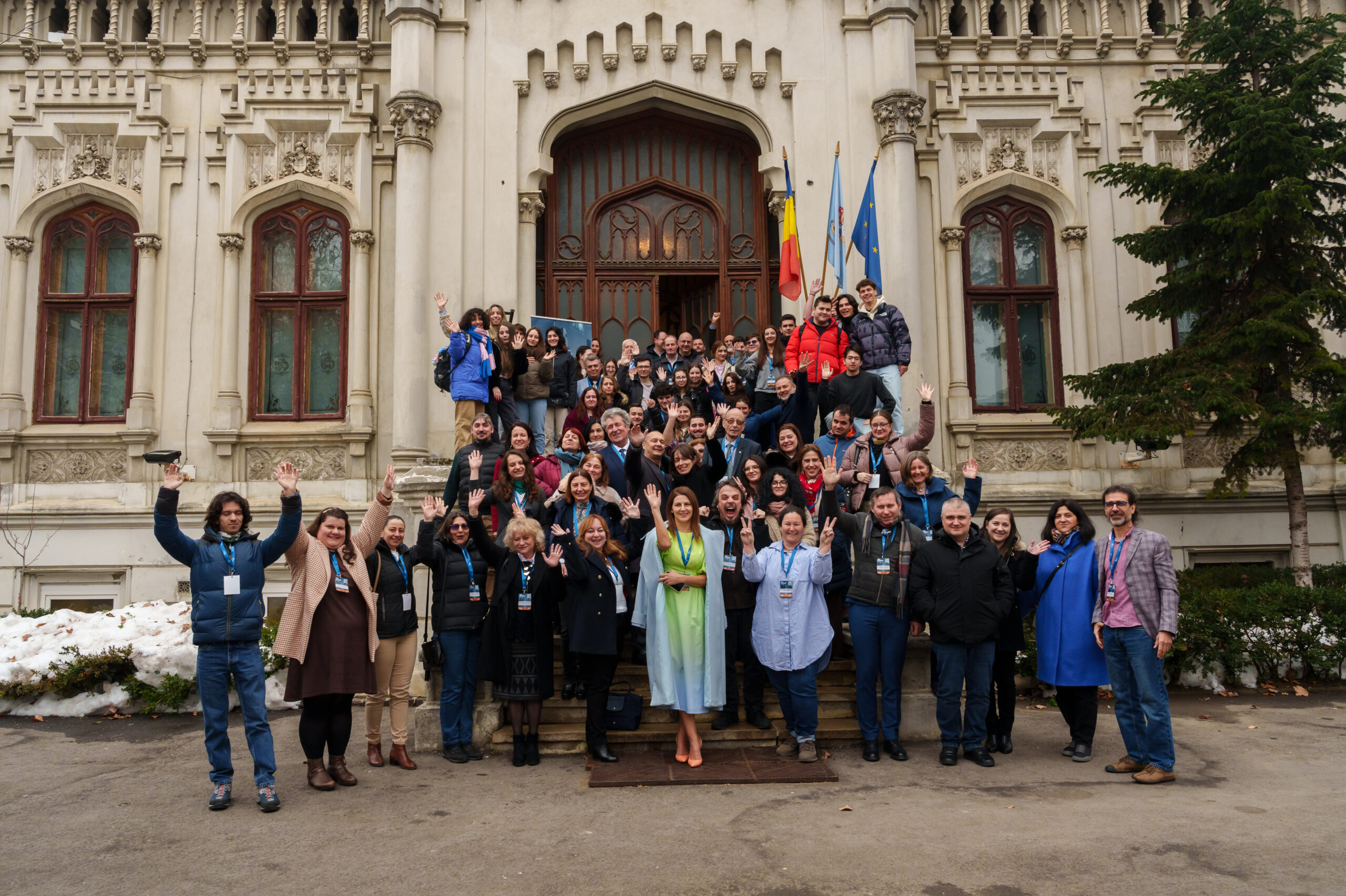

Romania is an established oil and gas producer, and leveraging existing seismic data would allow the country to make significant strides in geothermal exploration without requiring substantial investments.
PSS-GEO demonstrated examples and feasibility studies that reduce the risk of exploration by adding old log data that they digitized. Also, during its research, it was discovered that the seismic data is deteriorating (corrupted files) in archives due to the need for timely back copying.
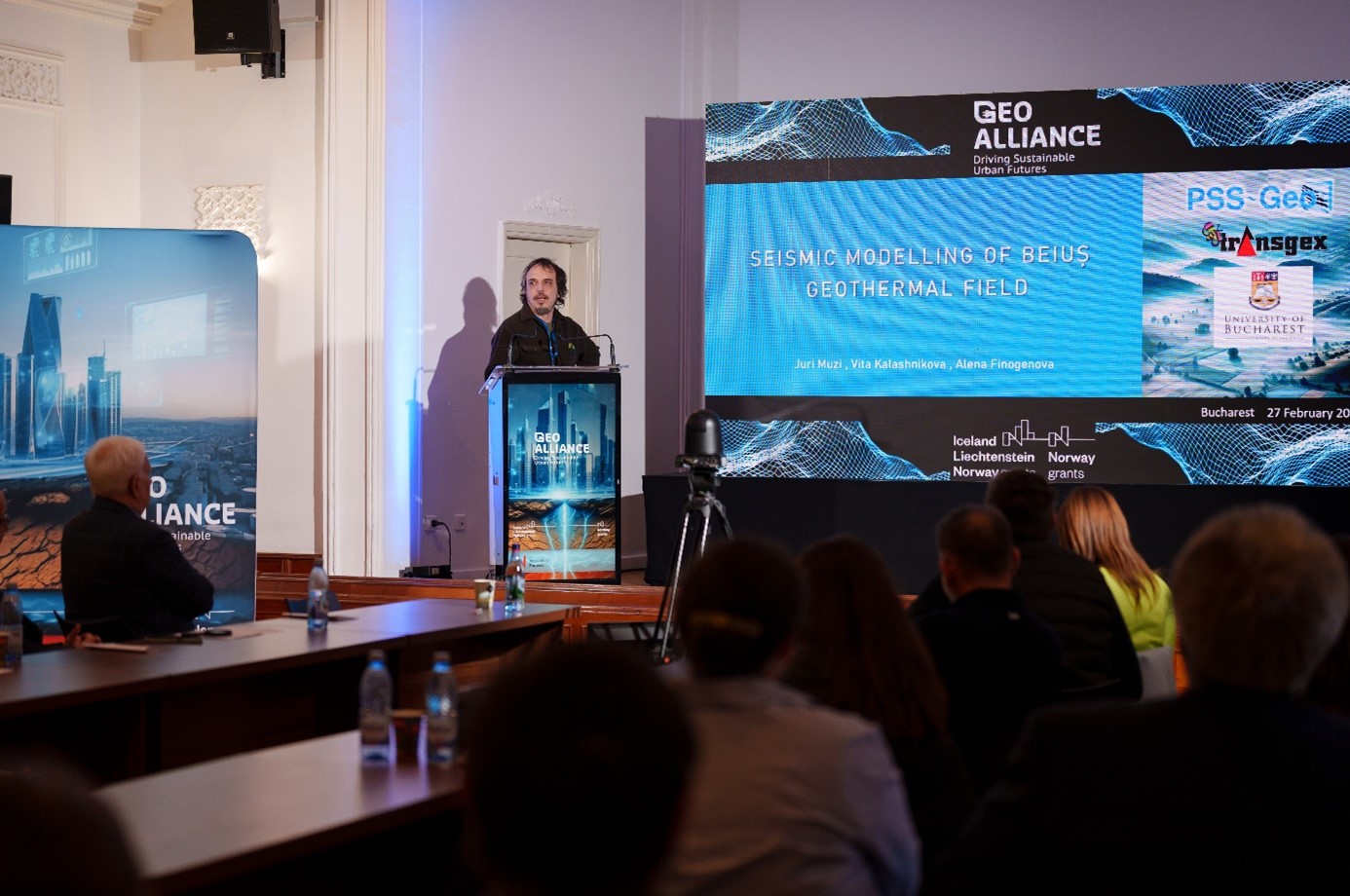
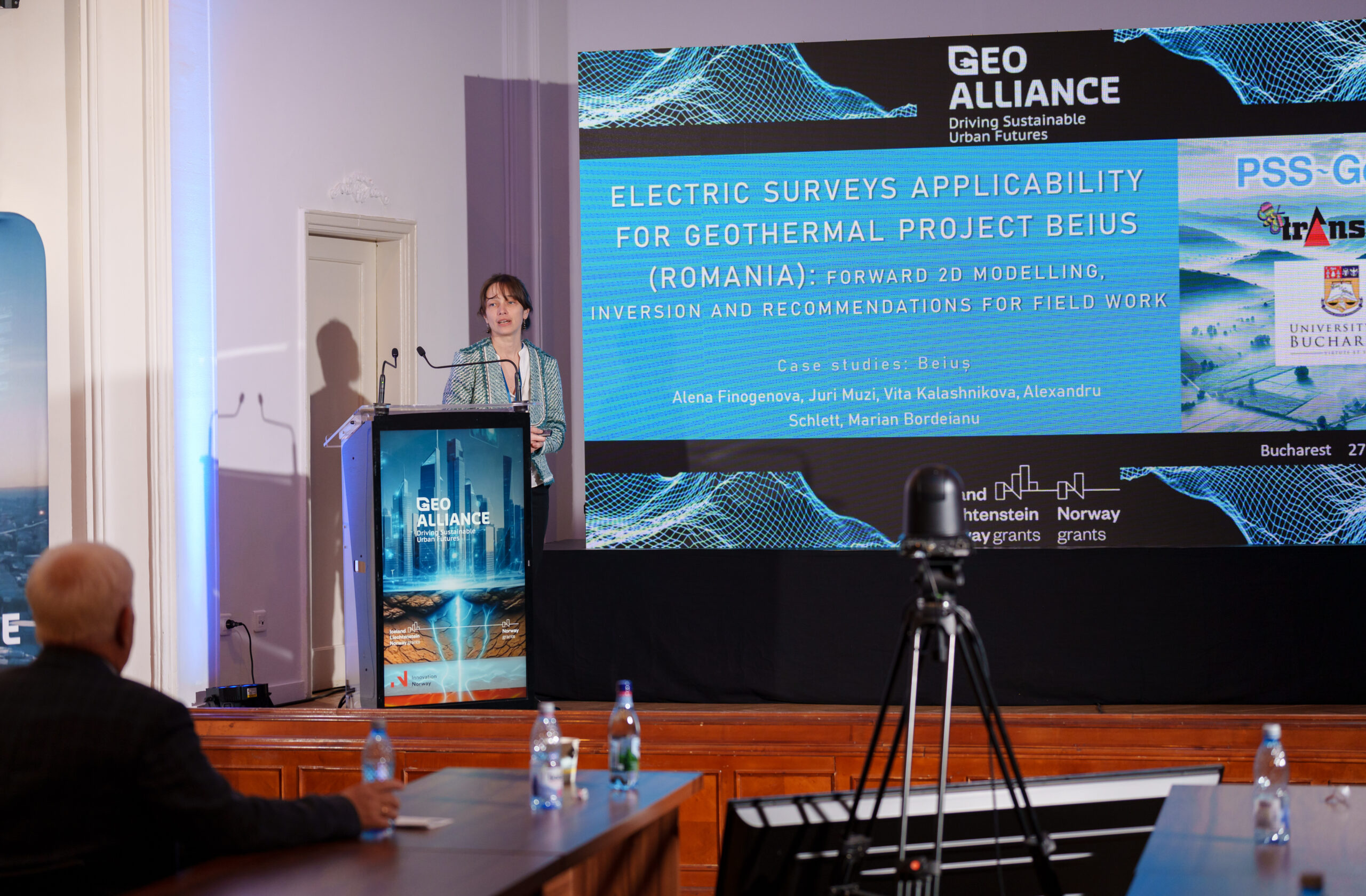
Discussions continued by highlighting the importance of transparent and accessible geothermal data, inspired by Iceland’s model of open data, which motivated participants and stressed the need to digitize older geological records to better support interpretation and decision-making.
After years without open-access regulations by the government on geothermal data, there is now a concerted effort to make this valuable information publicly available once more.
Through collaborations like these, Romania and Norway are taking significant steps toward integrating geophysics into the green transition, to develop smarter, more resilient cities.
The results of the collaboration include over 30 publications and freely available learning materials, which provide valuable insights into accessing knowledge, learning from practical exploration demonstrations, and reinforcing the commitment to open data. These efforts are undoubtedly paving the way for a future where sustainable energy solutions are both cost-effective and widely accessible.
The project “Driving Sustainable Urban Futures: A Romanian-Norwegian Innovation Geophysical Alliance for Green Transition and SMART City Development” is financed by a grant from Iceland, Liechtenstein and Norway through the EEA Grants Romania 2014-2021, in the frame of the SME Growth Programme Romania. Grant number:2024/395080.
Noteworthy presentations
Country level presentations
Geothermal Maps of Romania: Heat Flow Map, 3000m Temperature Map, Thermal Springs Map — Florina Chitea & Andrei Marc-Vodă (University of Bucharest, Faculty of Geology and Geophysics).
The Heat Flow Map of Romania. A review — Crișan Demetrescu & Venera Dobrică (Institute of Geodynamics, Romanian Academy).
Summary: Well data provides valuable information but is difficult to retrieve, with some sources of unknown reliability, and while efforts have been made to make it accessible again after being classified in 2000, some older data may be lost.
Unlocking Geothermal Potential: The Power of Public Data in Iceland – Thorsteinn Masson (Blami consulting): Focusing on well data, Masson said geothermal data should be public because it is linked to an untraceable commodity. Old data has potential to be of future value even if it didn’t at the time of acquisition.
Invited presentations
Troubleshooting on Recent Geothermal Tenders from Romania. How to Handle Planning Failures during Tendering and Realizing of Running Projects? — Viktória Försterné Nán (Foratherm Kft., Hungary).
Nán highlighted that drilling can easily surpass 50 per cent of total costs in geothermal projects. Many projects are not able to foresee this, as the project people often don’t have drilling experience and are not able to attract operators/investors/contractors.
Geothermal Projects in Romania – From Idea to Reality. Case Study: Beiuș and Tășnad Localities — Marian Bordeianu1,2, Alexandru Schlett3, Luana Călburean1, Alena Finogenova3 (1 TRANSGEX SA Oradea, 2 Laboratory of Paleotheriology and Quaternary Geology, STAR-UBB Institute, Babeș-Bolyai University of Cluj-Napoca, 3 PSS-GEO, Norway).
Very informative talk on the most important geothermal projects in Romania, giving a clear understanding of the costs and risks associated.
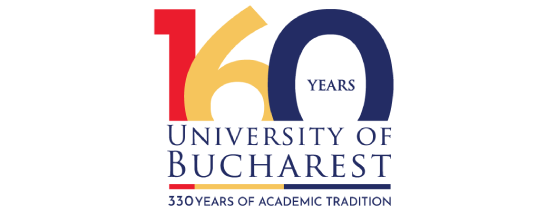

Read the related article here: Revitalising geothermal exploration: A path toward efficiency and sustainability (GEO ExPro)
Project web page: Driving Sustainable Urban Futures

